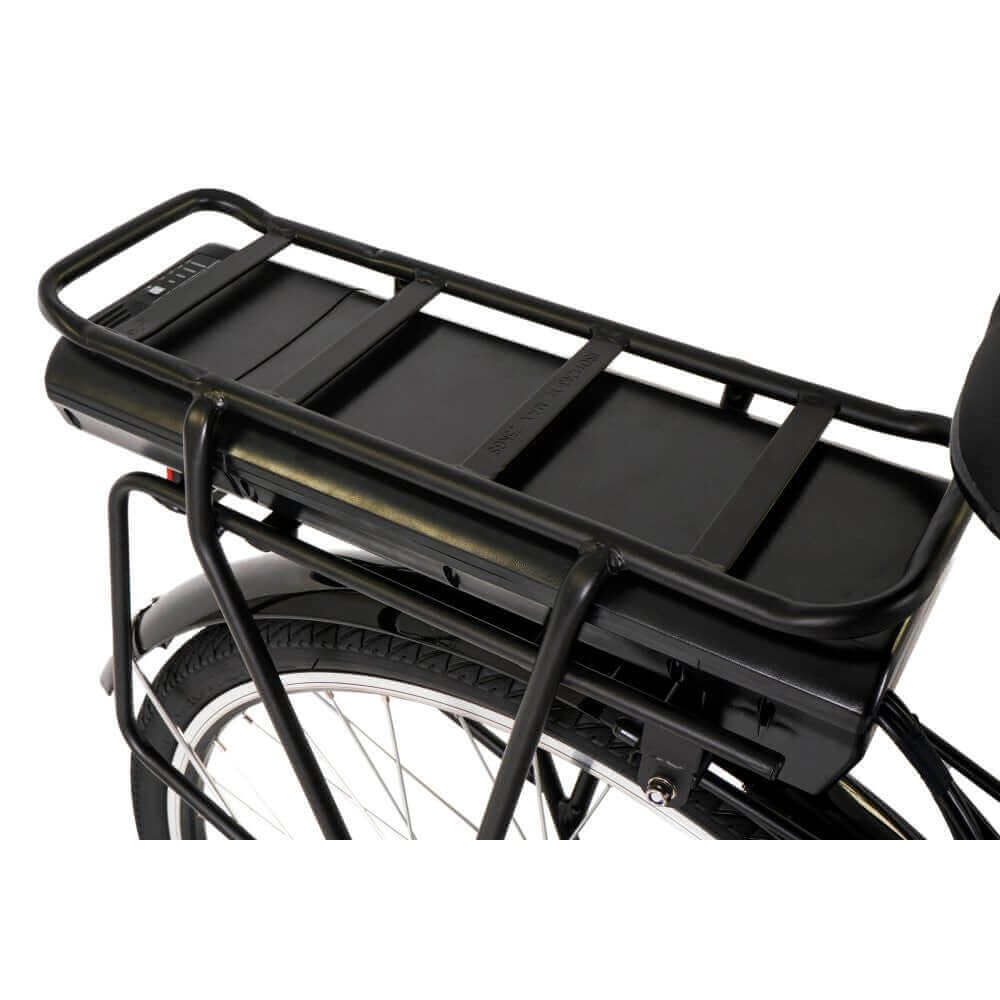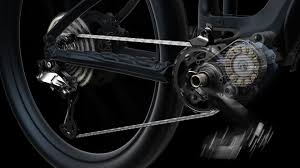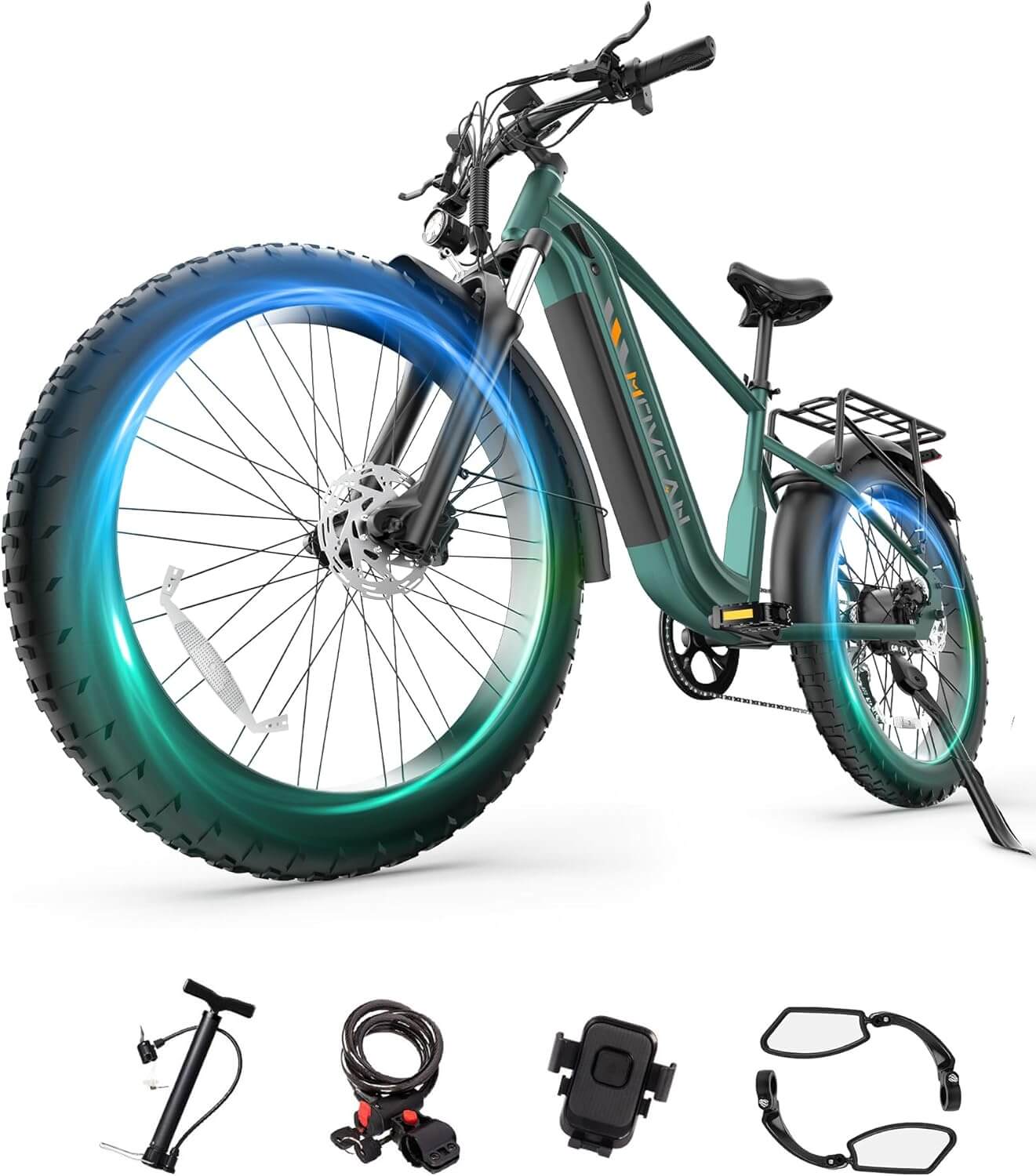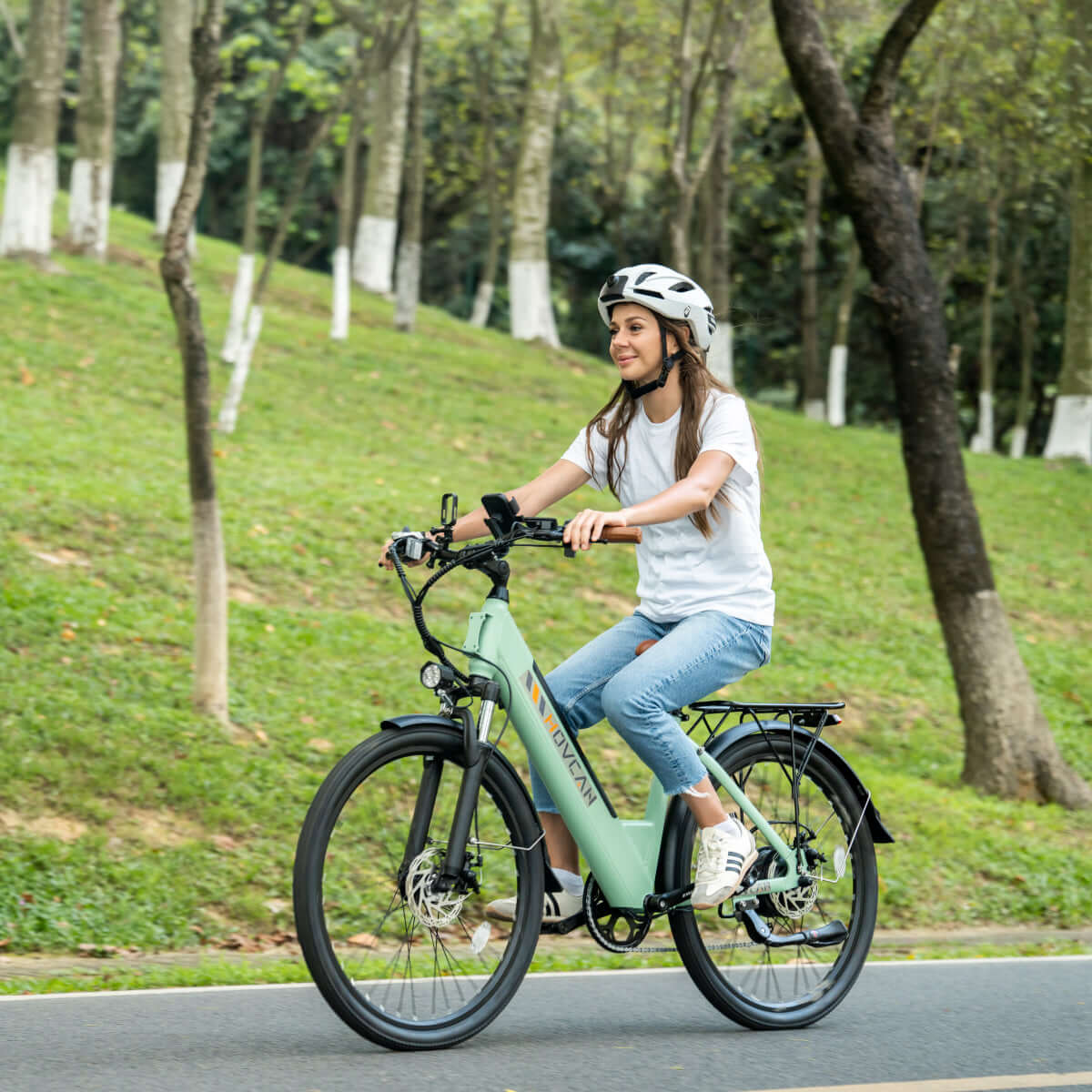Blog
E-Bike Battery Safety Revolution: 2026 Certification Requirements
The e-bike industry is undergoing a critical safety transformation as battery certification requirements become mandatory by 2026. With New York City alone experiencing 318 fires, 226 injuries and 10 deaths during 2021 and 2022 from lithium-ion battery incidents, regulatory authorities worldwide are implementing comprehensive safety standards to protect consumers and preserve the growing e-mobility market.
California's 2025 E-Bike Law Revolution: SB 1271 Changes Everything
California's e-bike landscape transformed dramatically on January 1, 2025, when Senate Bill 1271 (SB 1271) took effect, introducing the most comprehensive e-bike regulatory overhaul in state history. With e-bike sales increasing over 70% from 2020 to 2022, these new laws aim to enhance safety, clarify classifications, and address the growing concerns around modified high-powered e-bikes.
The Future is Here: Automated Gear Shifting Revolution for E-Bikes
The e-bike industry is experiencing a revolutionary transformation with the introduction of automated gear shifting technology. Leading brands like Shimano, SRAM, and Bosch are pioneering systems that eliminate manual shifting, creating a seamless riding experience that adapts to terrain and rider preferences automatically.
The Lightweight E-Bike Revolution: Why Under-20kg Models Are Changing Everything
The e-bike industry is experiencing a groundbreaking transformation in 2025, with manufacturers pivoting toward lightweight electric bikes that weigh under 20kg (44lbs). This shift represents more than just a weight reduction—it's a complete reimagining of what electric mobility can be.
The Policy Revolution Driving Eco-Friendly Urban Mobility in 2025
Traffic restriction policies and low emission zones are accelerating e-bike adoption by 300% in major cities, creating immediate environmental benefits including 1.8 million tons of CO2 reduction annually and positioning electric bicycles as the cornerstone of sustainable urban transportation policy.
How Bio-Based Composites Are Transforming Electric Bicycle Manufacturing
Bio-based composite materials like bamboo and flax fiber are revolutionizing e-bike manufacturing, reducing carbon footprints by up to 60%, offering superior vibration damping, and creating fully recyclable bicycles that challenge traditional aluminum and carbon fiber dominance.
How AI is Revolutionizing Electric Bicycle Energy Efficiency
AI-powered electric bicycles are transforming urban mobility by optimizing energy consumption up to 20%, reducing carbon emissions by 90% compared to cars, and delivering personalized route planning that extends battery life beyond 100 miles per charge.
Hydrogen Fuel Cell Electric Bicycles: A New Frontier in Zero Emission Technology
As the world races toward zero-emission transportation, a new technology is quietly emerging in the electric bicycle industry that could revolutionize how we think about sustainable mobility. Hydrogen fuel cell electric bicycles (HFCEBs) represent a fascinating convergence of cutting-edge technology and practical urban transportation, offering unique advantages that traditional battery-powered e-bikes cannot match.
Forest-Friendly Cycling: the Impact of Electric Mountain Bikes on Ecosystems
As electric mountain bikes (eMTBs) surge in popularity across the globe, with trail networks now spanning 283,020 miles across 109 countries, a critical question emerges: How do these powerful machines impact the delicate ecosystems they traverse? The answer is complex, nuanced, and increasingly important as we balance outdoor recreation with environmental conservation.










